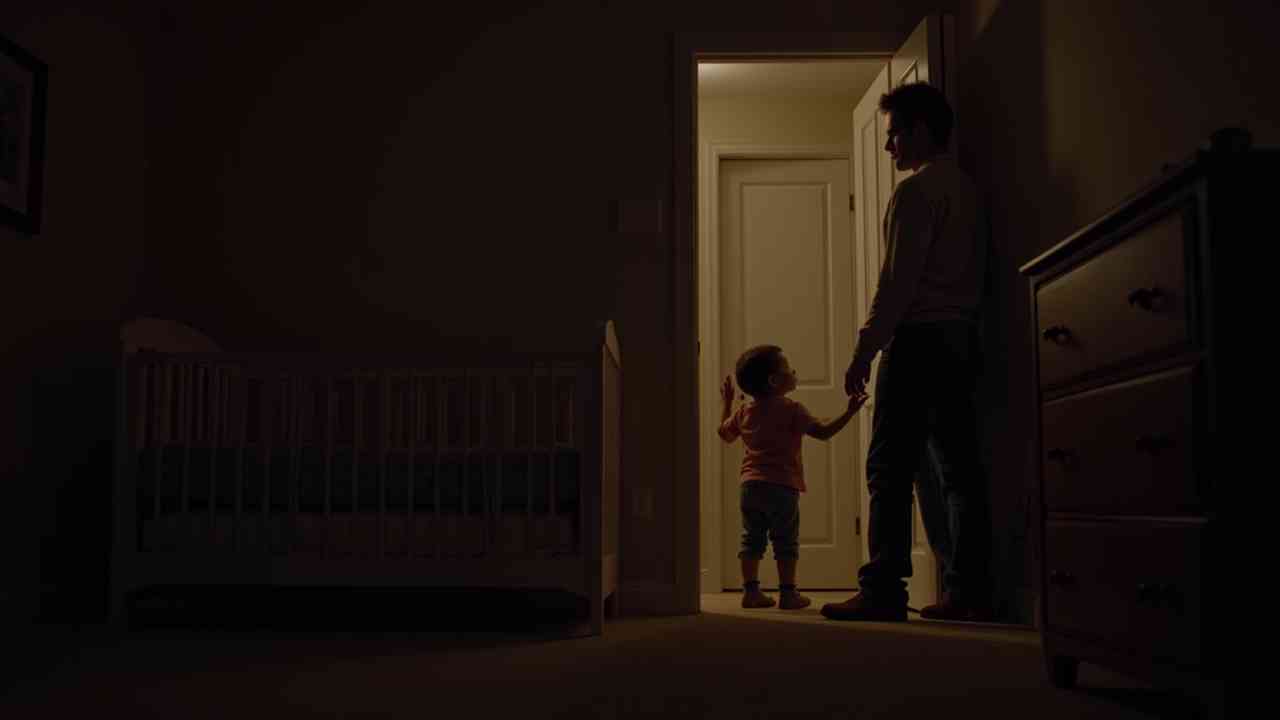
💤 The 14-Month Sleep Regression: A Parent's Survival Guide
💤 Is There a 14-Month Sleep Regression? (A Parent's Guide) 💤
Just when you think you have finally settled into a predictable one-nap schedule, your toddler's sleep can suddenly go haywire. If your 14-month-old is fighting their nap, protesting bedtime for what feels like hours, or waking up frequently at night, you have likely run into the 14-month sleep regression.
First, know that you are not alone in your exhaustion. This is a very common, though unofficial, regression. It is a sign that your little one is going through a massive burst of cognitive and physical development. Their brain is working overtime, and sleep is often the first thing to be affected.
This guide will explain why this regression is happening. We will also provide you with practical tips to help your family get back to more restful nights. Let's navigate this bumpy but temporary road. ✅
🤔 What Does a Typical 14-Month-Old's Sleep Schedule Look Like?
A good sleep schedule at this age is built around a solid one-nap routine. A 14-month-old typically needs about 11-14 hours of sleep in total.
- Nighttime Sleep: 10 to 12 hours.
- Daytime Sleep: One nap lasting 2 to 3 hours.
- Wake Windows: The time your toddler can stay awake is now around 4-5 hours.
Sample Schedule:
- 7:00 AM: Wake up
- 12:00 PM - 2:30 PM: Nap
- 7:30 PM: Bedtime
🤯 Why is Your 14-Month-Old Suddenly Fighting Sleep?
This regression is all about development. Your baby's brain is making huge leaps, and their body is learning amazing new things. This excitement can easily override their desire to sleep.
Are they mastering new physical skills?
Yes! This is the number one cause. At 14 months, your toddler is not just walking, but running, climbing, and exploring with confidence. Their crib is a safe and perfect place to practice these new gross motor skills, much to your frustration.
Is their language exploding?
Absolutely. Your toddler's brain is working hard to learn and practice new words. This cognitive leap can make it difficult for them to 'switch off' at night. They may be babbling or calling out for you from their crib.
Is separation anxiety still a factor?
Separation anxiety is at its peak around this age. Your baby now fully understands that you can leave the room. This can cause them to become upset at bedtime or when they wake up at night.